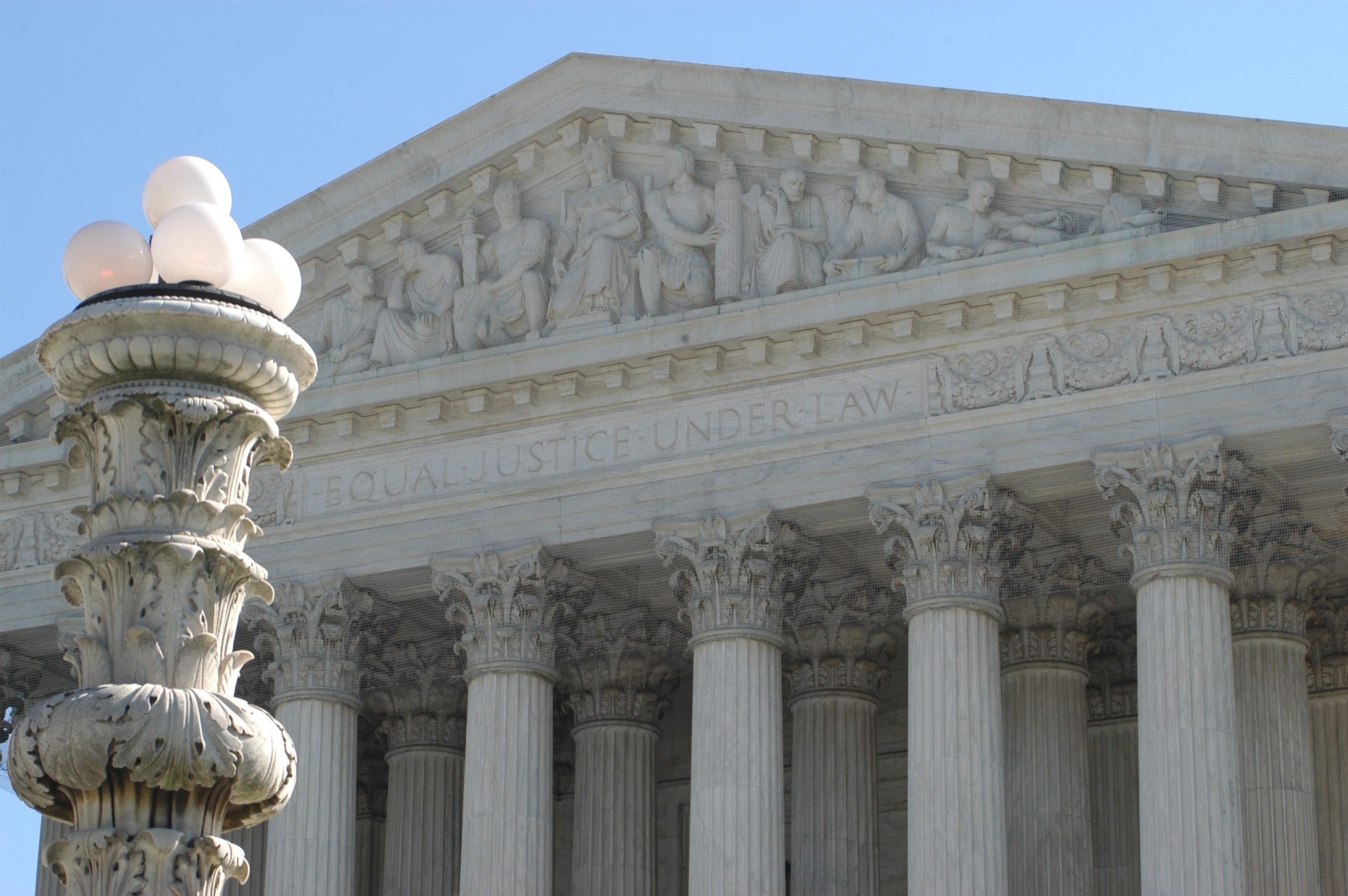OPINION ANALYSIS
Supreme Court rules No Fly List dispute can go forward

on Mar 19, 2024 at 12:39 pm

The Supreme Court on Tuesday ruled that a lawsuit filed by an Oregon man who was placed on the No Fly List can go forward even after the government has removed him from the list and pledged not to return him to it “based on the currently available information.” In a unanimous decision authored by Justice Neil Gorsuch, the justices rejected the government’s argument that the case is moot – that is, no longer a live controversy. The government’s pledge, the court concluded, does not show that it “cannot reasonably be expected to” put him on the list again in the future.
The decision was a victory for Yonas Fikre, a U.S. citizen of Eritrean descent who was living in Sudan when he learned in 2010 that he had been placed on the list. When Fikre traveled to the United Arab Emirates a few months later, he was arrested, imprisoned, and tortured. Fikre eventually made his way to Sweden, whose government returned him to the United States in a private jet.
Fikre went to federal court in Oregon in 2013, alleging that the FBI violated his constitutional rights by placing him on the list. A federal district judge dismissed his case as moot after the FBI removed him from the list and promised not to put him on the list again “based on the currently available information.” But the U.S. Court of Appeals for the 9th Circuit revived Fikre’s lawsuit, prompting the FBI to seek review in the Supreme Court.
In a terse nine-page opinion, Gorsuch explained that under the Supreme Court’s cases, a defendant who ends the conduct at the center of a lawsuit and argues that the lawsuit is therefore moot has a “formidable burden” to show that its actions “cannot reasonably be expected to recur.” Otherwise, Gorsuch reasoned, defendants could stop the conduct at issue and then simply resume it after the case is dismissed.
In this case, Gorsuch emphasized, the government’s pledge that it will not return Fikre to the No Fly List based on “currently available information” does not meet the government’s high burden, and the case should therefore not be dismissed. Although the government’s promise “may mean that his past actions are not enough to warrant his relisting,” Gorsuch acknowledged, the government’s statement does not address whether Fikre might be returned to the list “if he does the same or similar things in the future — say, attend a particular mosque or refuse renewed overtures to serve as an informant.”
Gorsuch pushed back against the government’s suggestion that the decision by the court of appeals erroneously required it to “admit it lacked any lawful basis for including Mr. Fikre on the No Fly List in the first place” – an issue that goes to the merits of the case, rather than whether the case is moot, the government insisted. Gorsuch conceded that “a party’s repudiation of its past conduct may sometimes help demonstrate that conduct is unlikely to recur.” But, he continued, “[w]hat matters is not whether a defendant repudiates its past actions, but what repudiation can prove about its future conduct. It is on that consideration alone — the potential for a defendant’s future conduct — that we rest our judgment.”
Gorsuch left open the possibility that the government could at some point later on demonstrate that the case is moot. He observed that the case was still in its early stages. As it “unfolds,” he wrote, “different facts may emerge that may call for a different conclusion.”
Gorsuch also addressed concerns about the possible role of classified evidence in cases like Fikre’s. He agreed that “litigating disputes that potentially touch on matters of national security beyond the motion-to-dismiss stage can present evidentiary challenges for parties and courts alike,” and he cautioned that “[c]areful attention must be paid to the handling of classified or privileged information.” But under “traditional mootness principles,” he concluded, “it is impossible to conclude the government has so far borne its burden of proving that this dispute is moot.”
Justice Samuel Alito filed a brief concurring opinion, joined by Justice Brett Kavanaugh. He explained that he wanted “to clarify his understanding that our decision does not suggest that the Government must disclose classified information to Mr. Fikre, his attorney, or a court to show that this case is moot.” Indeed, he noted, some federal trial courts “are poorly positioned to handle classified documents, and most personnel lack security clearance.”
This article was originally published at Howe on the Court.


